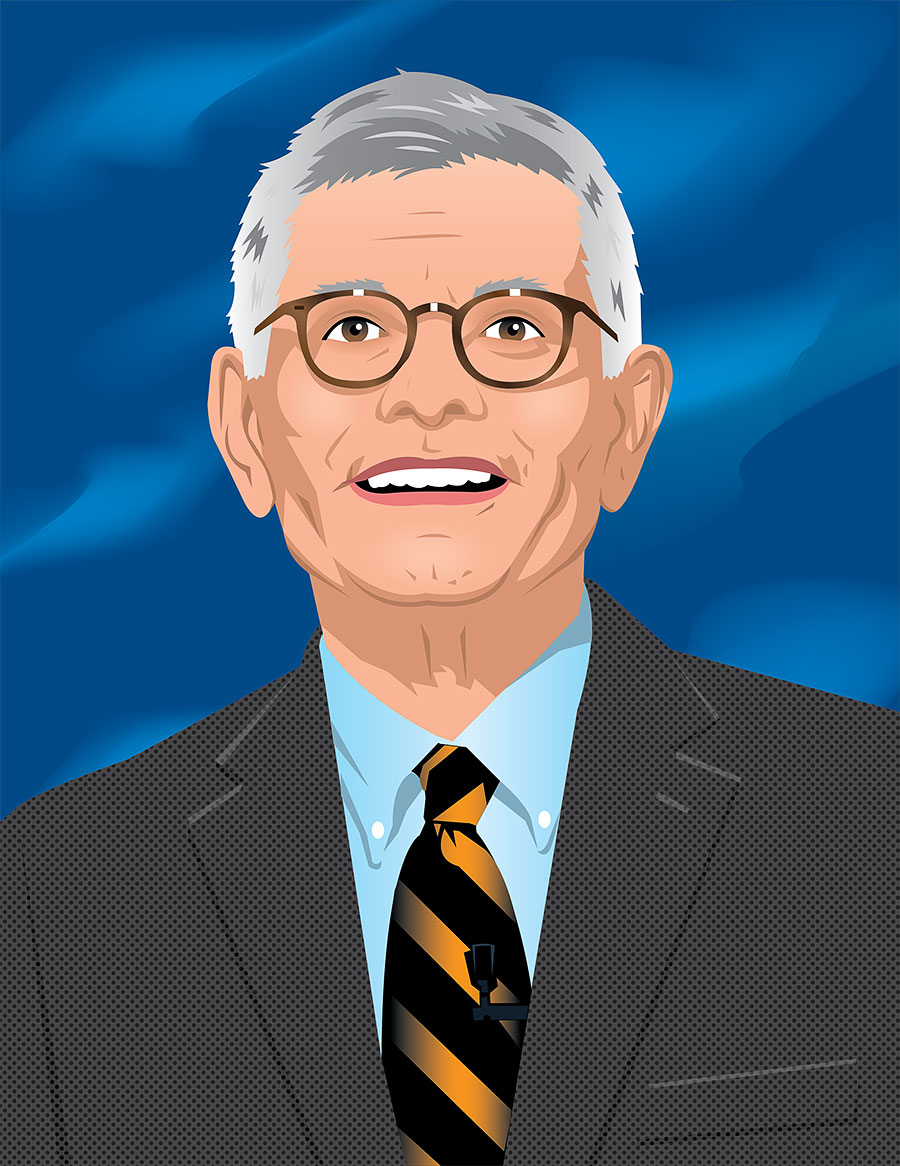■ My ambition was driven by fear of failure. I just didn’t want to be broke. My family was lower working class. There were 11 of us in a two-room apartment. It was a storefront with bunk beds and foldout couches. We always had food — beans and rice and tortillas — but we had to eat in shifts because there were so many of us. I grew up watching ’50s TV and thought, I want to live like that. I want to live in a clean house. I want to sit down with my family at a meal and say grace. I wanted a place that was not chaotic.
■ We had a tin ceiling with a hole in it where a light fixture had been removed. I was sitting at the table with my sister, having a glass of milk, when a mouse fell through the hole into the glass of milk. Plopped right in there. We were stunned, terrified, and amused at the same time. This mouse was just splashing around. As quick as we could, we ran to the back door, opened it, and threw the whole thing out. The mouse just took off. To this day, I have a phobia about mice falling through the ceiling into my milk.
■ I worked at Inland Steel two summers during college in the No. 3 coke plant. It was a blocklong building in East Chicago where they burned coal that was added to iron. That’s part of making steel. I wore big gloves, wooden plates that I would tie onto my boots, and a huge face shield. There were 40 or so ovens that ran the width of this building, and on top of each were three manhole covers that you had to lift and move out of the way. Then a railroad car would come and dump coal into these open furnaces. Flames would leap out, the car would move away, and then you’d have to push the manhole covers back on, sealing them with a mixture of mud and water. I honestly felt I was in hell. But that experience had a lifelong impact on me. I recognized just what it is that working people did to put bread on the table.
■ My wife was three months pregnant when I quit my law job and went to acting school in San Francisco. But Ann didn’t see how the marriage could continue to work if I was doing that while she had an understandably strong need to nest. So I left acting and was really depressed. Then one day, I was reading an article in the New York Times Sunday magazine about big-city anchors and reporters and thought, Wait a minute: The performance aspect of acting, the analytical tools of law — it’s a perfect match. It was like this light bulb went off.
■ There are three people in my life who have been major influences. John Callaway taught me the importance of preparation. Jim Lehrer emphasized balance and treating every interviewee the same. Carol Marin taught me the importance of passion.
■ My biggest screwup on the air was going overboard on Chuy García with questions about his son [who was in a gang]. I just blew it. Chuy was incredibly gracious, but I heard about that a lot. And rightfully so.
■ Having grown up in a chaotic home, creating a sense of order manifested itself in an attempt to control family members. I was mean at home and nice at the office. There was a point where I thought, I don’t want to be this way. I started taking antianxiety medication, and it made a big difference. I don’t think I have the gear for real irritation or anger anymore.



